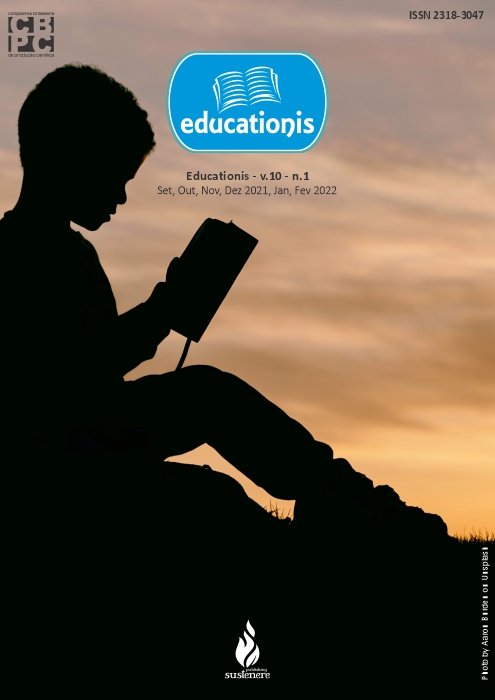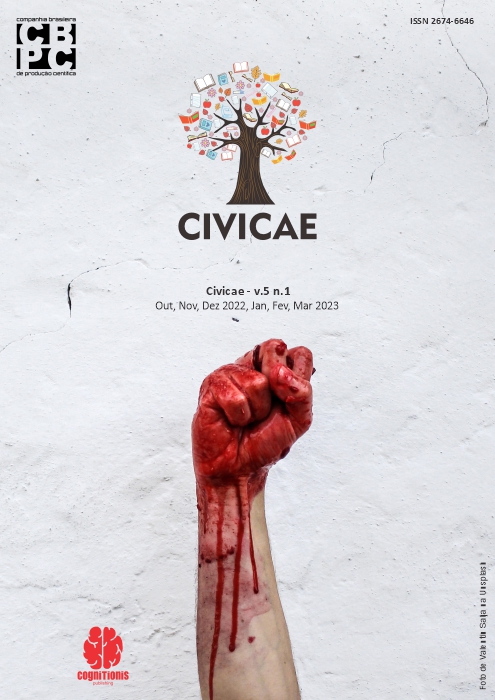Covid-19: asynchronous and synchronous classes promote new experiences in teaching
DOI:
https://doi.org/10.6008/CBPC2318-3047.2022.001.0006Keywords:
Remote Classroom, Google Meet, Google ClassroomAbstract
This report presents a theoretical discussion about experiences lived by a resident of the Licentiate Degree in Chemistry at the Federal Institute of Education, Science and Technology of Rondônia – IFRO, Ji-Paraná campus, in an analysis of high school classes at Colégio Tiradentes of the Military Police - CTPM VI of Ji-Paraná - RO. And, it aimed to observe the methodological development of synchronous and asynchronous classes, as well as student participation and teacher resourcefulness in the face of technology. For the analysis and obtaining of the results, exploratory and descriptive methodologies were used with a qualitative approach, using digital platforms such as: Google Meet, Google Classroom (Classroom), groups in sociais networks (WhatsApp), material handout aimed at high school content and a YouTube channel. However, through the report, it was possible to identify several positive points regarding the application of hybrid, asynchronous and synchronous methodologies, in the Pandemic period due to SARS-CoV-2 (Covid -19), since the in-person classes were adjusted to meet the measures of security. In analyzing the acceptance of students, the synchronous class was highlighted, as the delivery of contents takes place in real time, favoring the explanation of content with the clarification of doubts.
Downloads
Downloads
Published
Issue
Section
License
Copyright (c) 2022 Educationis

This work is licensed under a Creative Commons Attribution-NonCommercial-NoDerivatives 4.0 International License.
The CBPC - Companhia Brasileira de Produção Científica (Brazil CNPJ: 11.221.422/0001-03) the material rights of the published works. The rights relate to the publication of the work anywhere in the world, including rights to renewals, expansions and dissemination of the contribution, as well as other subsidiary rights. All electronically published works may subsequently be published in printed collections under the coordination of this company and / or its partners. The authors preserve the copyright, but are not allowed to publish the contribution in another medium, printed or digital, in Portuguese or in translation.









